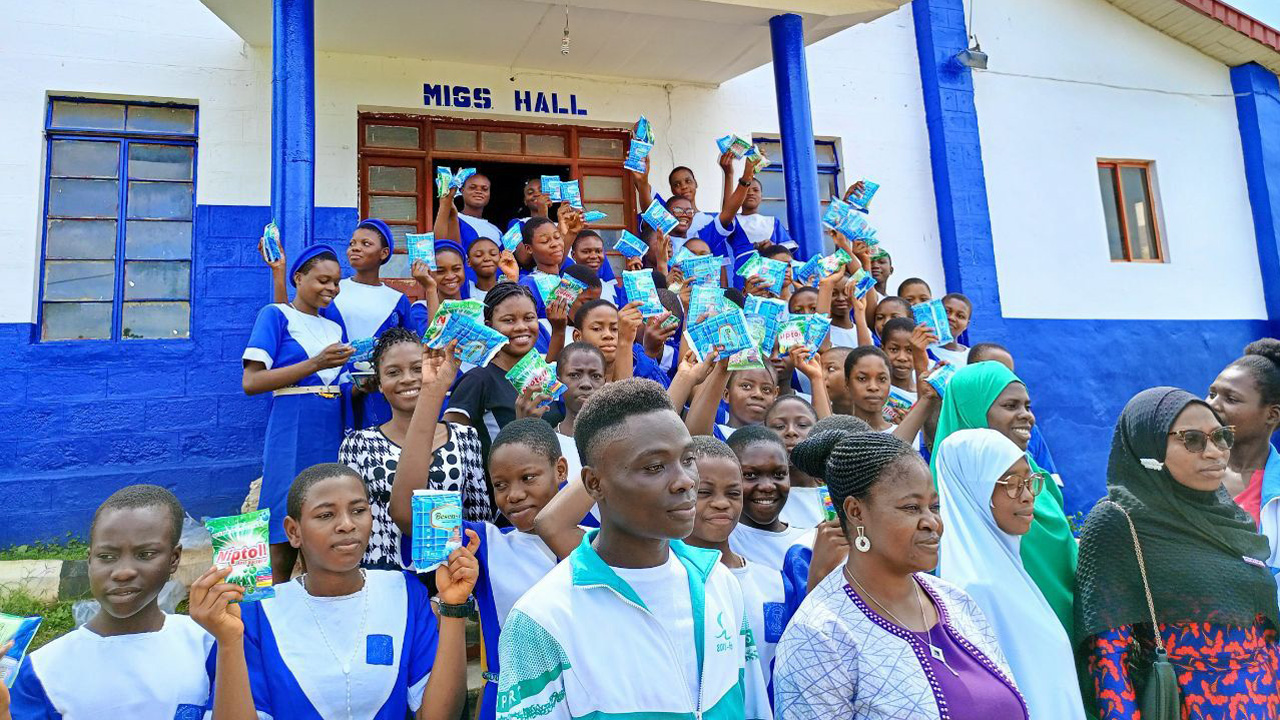
Plan International has decried cultural restrictions, lack of privacy and water as hindrances to menstrual health among girls in Nigerian secondary schools.
Director, Programme Quality and Innovation of Plan International Nigeria, Helen Idiong, made this known in Bauchi, at the weekend, during the closing-out of the Menstrual Health Management Project after three years’ span in the state.
She said: “In Nigeria, a significant percentage of women still lack adequate privacy for menstrual health management; they do not have access to water, sanitation and privacy for this natural process. We have various cultural restrictions that have led to a culture of silence and shaming among school girls for something that is a natural biological process.”
Idiong pointed out that 200,000 adolescent girls were targeted, but the project directly reached out to 9,000, while 191,000 were reached indirectly.
Plan International is an independent development and humanitarian organisation that advances children’s rights and equality for girls.
According to the director, the project was funded by Kimberly Clark Foundation, to increase the individual and collective agency of women and adolescent girls to exercise their rights to gender-responsive, adolescent-friendly and inclusive menstrual hygiene management.
“This project has lasted for three years in the three local councils of Ningi, Katagum and Bauchi, and the things we have heard, the joy we have heard from school girls has given us a lot of excitement,” she said.
Meanwhile, the Executive Chairman, Bauchi State Primary Health Care Development Agency (BSPHCDA), Dr. Rilwanu Mohammed, called for extension of the project, as thousands of young girls in the state benefited.






